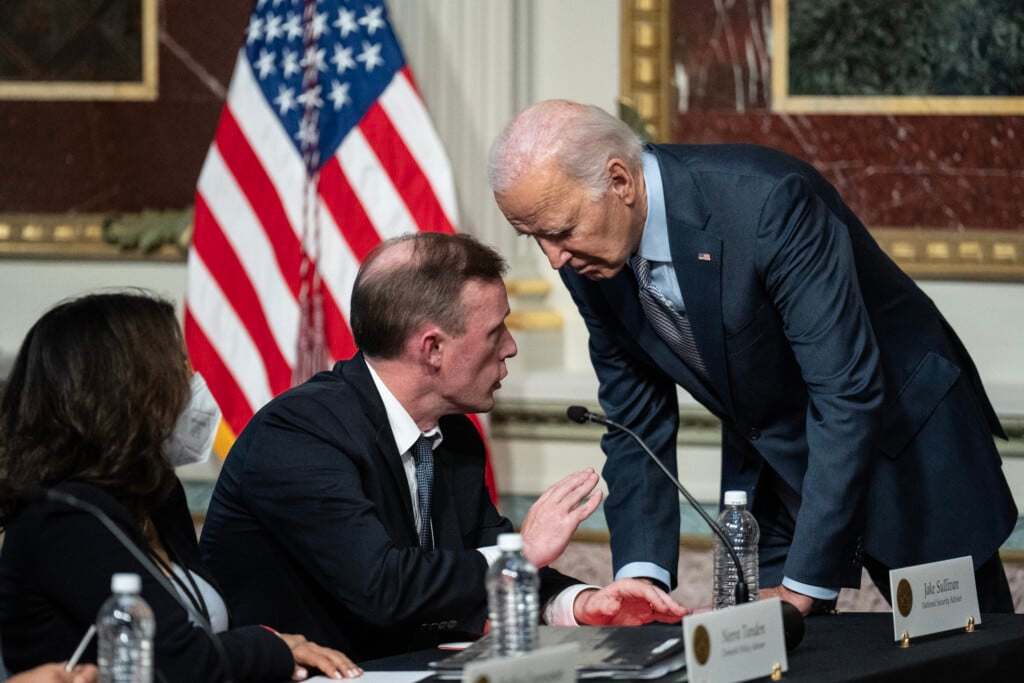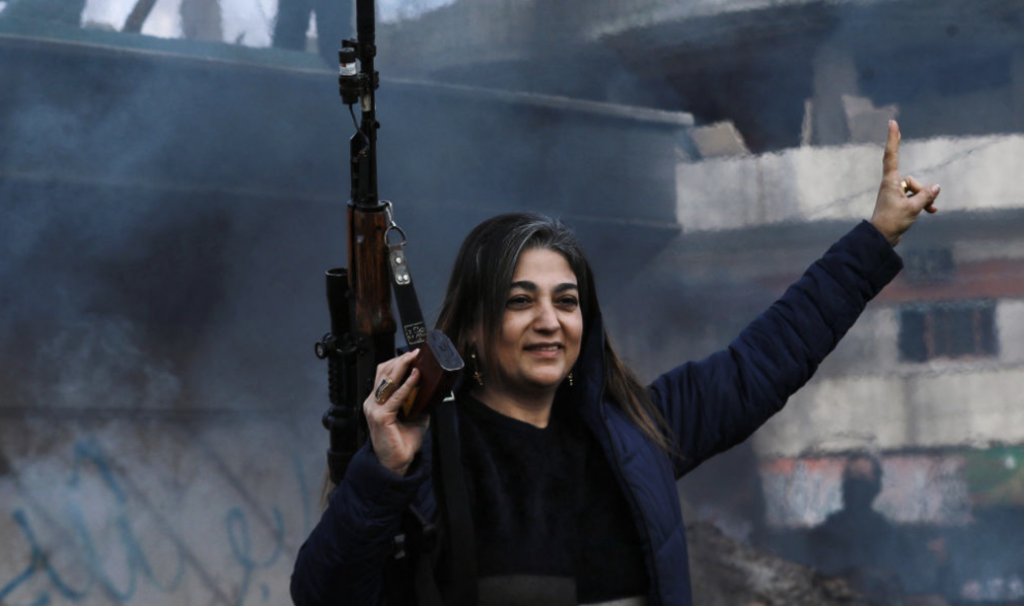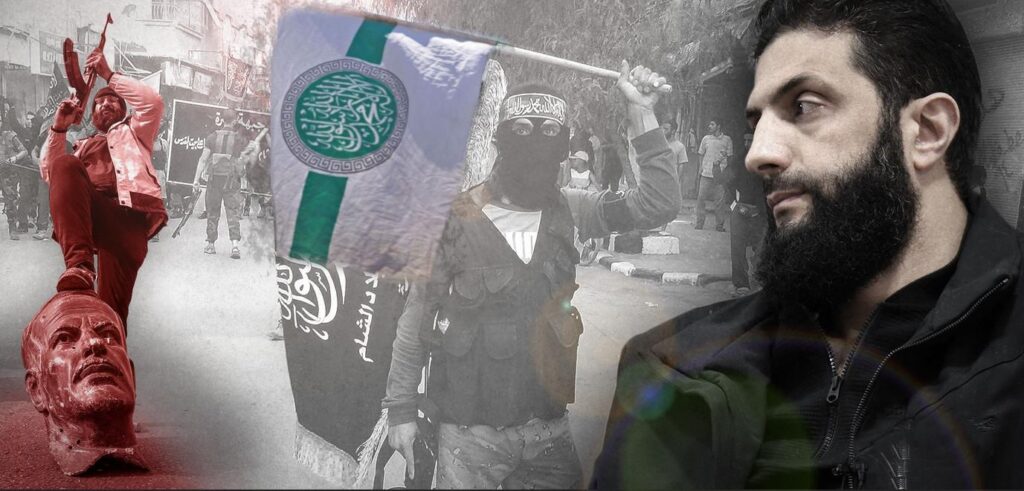Executive Summary
The destabilisation of Syria resulting from the Assad regime’s fall, further complicated by the repatriation of radicalised militants to Central Asia in the last years, constitutes a substantial security risk to the region.
Central Asian nationals’ involvement in various Syrian conflict factions and related reintegration efforts reveals the dual threats of terrorism and ideological radicalisation.
If not effectively managed, these developments could destabilise Central Asia and increase regional dependency on external actors for counterterrorism activities and security support, especially Russia, Turkey, and China.
This report synthesises international and local data, together with previous SpecialEurasia assessments, to analyse the consequences of Assad’s downfall in Syria and the potential contribution of Central Asian foreign fighters.
Background Information
Since 2015, significant numbers of Central Asian citizens have participated in the Syrian conflict, aligning themselves with entities such as the Islamic State, the Syrian opposition, pro-Turkish formations, and the Assad regime’s army.
While exact numbers remain indefinable, numerous combatants brought their families to the conflict zones. After the military defeats of significant radical groups, a repatriation of these individuals has begun. Several Central Asian states, including Uzbekistan, Kazakhstan, and Kyrgyzstan, have launched state-sponsored repatriation and reintegration programmes to address this issue, while Turkmenistan has resisted such measures.
Radicalised individuals and their networks remain active post-return. Some have moved to other crisis zones, including Afghanistan, while others have resumed clandestine activities in their countries of origin. Prominent Central Asian militant factions, such as Katibat al-Tawhid wal-Jihad and Katiba Imam al-Bukhari, remain operational under the aegis of groups like Hayat Tahrir al-Sham, which in the last weeks led a military operation whose outcome what the conquest of different Syrian cities and the capital Damascus and the end at Assad’s regime.
Analysis
The collapse of the Soviet Union and the subsequent emergence of independent states in Central Asia created an environment conducive to the spread of radical interpretations of Islam. Although the Muslim factor did not play a central role in the dissolution of the USSR, the formation of new national entities provided fertile ground for propagators of alternative ideologies.
A notable development was the rise of the Mujaddid, reformers who rejected traditional Hanafi Islam in favour of the Hanbali school, acting as a catalyst for the radicalisation process across the region. This ideological shift has significantly influenced political and social dynamics in Central Asia, which have been further exacerbated by the role of extremist groups and the complex geopolitical challenges posed by them.
In Tajikistan, the civil war of the 1990s marked a pivotal moment, with the Islamic Revival Party of Tajikistan (IRPT) becoming a major player in the conflict. The IRPT’s ideological alignment with orthodox Islam highlighted the deep social and ethnic divisions within the country, which contributed to the prolonged conflict and the eventual uneasy peace. The IRPT’s legalisation, followed by its ban in 2015, underscores the difficulties inherent in controlling Islamic radicalism regionally.
In Uzbekistan, the Islamic Movement of Uzbekistan (IMU) also acquired prominence, particularly after the 9/11 attacks, cementing its place as one of the leading Islamist groups in the world. Despite suffering heavy losses in Afghanistan, the IMU might be considered a threat to regional stability, further complicated by the activities of groups like Hizb ut-Tahrir.
In the last years, the Islamic State Wilayat Khorasan (ISKP) has emerged as the major threat for the regional stability since this terrorist group has spread jihadist propaganda in different Central Asian languages and has increased its presence and violent attacks in Afghanistan after the U.S. troops’ withdrawal from the country and the Taliban’s rise to power.
The presence of these radical organisations in Central Asia presents a complex challenge for regional security. Significantly, these groups have lacked monolithic functionality, frequently engaging in competition and advocating divergent ideologies. The fragmented nature of the threat landscape complicates the development of effective countermeasures, necessitating the implementation of tailored strategies for each distinct threat actor. The rivalry among these groups also diminishes the possibility of a unified response, with individual state actors often pursuing their own distinct counterterrorism approaches.
Central Asia, positioned as a strategic battleground for regional and international actors vying for influence, sees terrorism and radicalisation as central topics in the diplomatic discourse between the region’s governments and their external partners.
The repatriation of Central Asian citizens who participated in the Syrian conflict, combined with the freeing of radical Islamist prisoners from Syrian jails, poses a significant threat to regional stability.
As these individuals return home, often alongside their families, they introduce a volatile element into an already fragile security environment. Central Asian governments, in collaboration with international partners, have launched reintegration programmes, such as Uzbekistan’s ‘Mehr’ initiative and Kazakhstan’s ‘Zhusan’ programme, aimed at mitigating the risk posed by returnees. The rehabilitation of former jihadists, however, remains a contentious matter, raising concerns about the potential for unintended radicalisation.
Implications
- Increased Risk of Radicalisation. The return of combatants and their associated ideological networks heightens the threat of terrorism and radicalisation in Central Asia. The reintegration of former jihadists poses challenges, as these individuals may continue to promote extremist ideologies within their communities.
- Rising Dependency on External Powers. The heightened security risks could lead to an increased reliance on Russia, Turkey, or China for counterterrorism help, with significant economic and political costs for Central Asian states.
- Cross-Border Spillover. The increasing radicalisation among individuals returning from conflict zones, alongside persistent security crises in adjacent areas, including Afghanistan, heightens the risk of cross-border terrorism, potentially destabilising Central Asia and complicating global counterterrorism strategies.







